At the workshop “Energy transition solutions towards Net Zero” organized by Lao Dong Newspaper in collaboration with the Ministry of Industry and Trade on the afternoon of May 29, Associate Professor, Dr. Dang Tran Tho - Director of the Institute of Energy Technology (Hanoi University of Science and Technology) assessed that Vietnam has shown its determination to participate in the energy transition trend through its commitment at COP26 to achieve net zero emissions by 2050.
"At the same time, the Government has approved the adjusted Power Plan 8. This is an important turning point, demonstrating the shift from the traditional energy model to green, sustainable energy," he assessed.
However, the expert said that achieving these goals is a complex process, requiring a comprehensive restructuring of the national energy system: from planning, investment, operation to market and consumption.
"Especially for a developing country like Vietnam, which still depends heavily on coal power and has limited financial and institutional capacity, this conversion poses many challenges that need to be analyzed, evaluated and resolved in a systematic manner, with a scientific basis and clear policy orientation," Mr. Tho acknowledged.
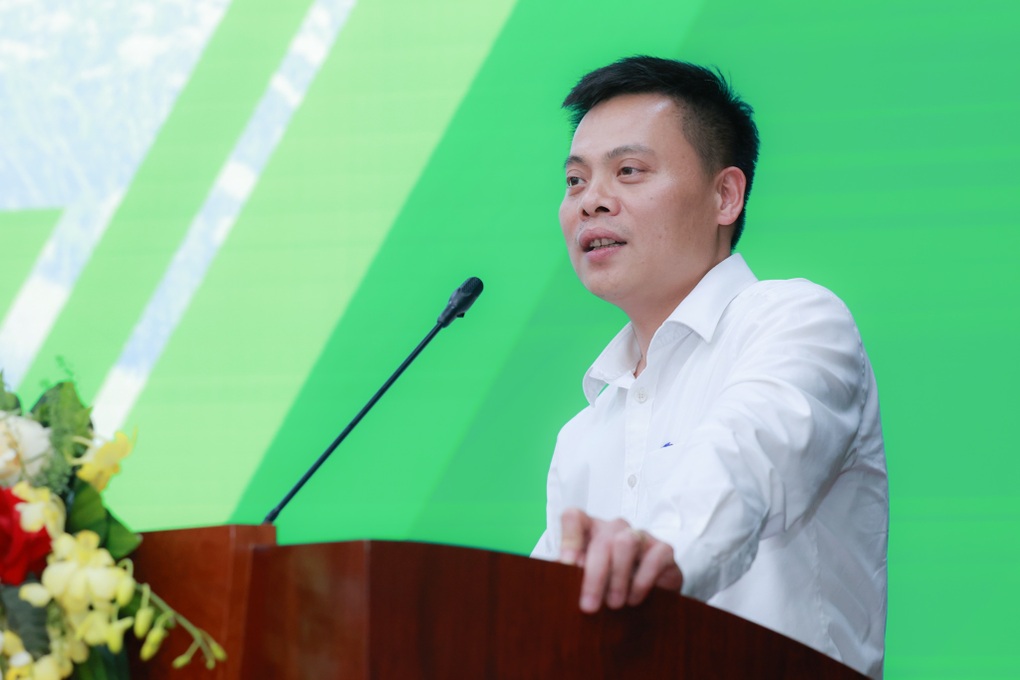
Associate Professor, Dr. Dang Tran Tho - Director of the Institute of Energy Technology (Hanoi University of Science and Technology) (Photo: Nguyen Hai).
He believes that one of the biggest barriers to the energy transition in Vietnam is the incompleteness and instability of the policy framework.
The 2018-2020 period witnessed a boom in solar power, with more than 16.5GW put into operation, making Vietnam the leading country in ASEAN in terms of solar power capacity (surpassing even Thailand).
Wind power will also reach about 4.3GW by the end of 2023, most of which will be developed in Ninh Thuan, Binh Thuan and the Central Highlands provinces. However, from 2021 onwards, this development trend will slow down due to the end of the FIT (preferential electricity price) mechanism and the lack of a suitable replacement mechanism.
"More than 4,000 MW of solar and wind power have been completed but (PPAs) or have had their capacity cut regularly due to grid incompatibility. The lack of a transitional electricity price policy has also caused dozens of GW of projects to be "queued" for approval, causing a huge waste of social resources," the expert assessed.
Representatives of the Energy Technology Institute said that one of the necessary conditions to promote successful energy transition is to form a truly competitive electricity market and build a flexible electricity price policy that accurately reflects costs, market signals and the economy's ability to pay.
"Vietnam's electricity market is still mainly based on the single buyer model (EVN), has not fully developed the wholesale electricity market, competitive retail market, and does not have a real auxiliary market," Mr. Tho stated the reality.
To achieve the goal of increasing renewable energy sources according to the adjusted Power Plan 8, Mr. Doan Ngoc Duong - Deputy Director of the Electricity Department (Ministry of Industry and Trade) said that it is necessary to consider and synchronously deploy many groups of solutions.
"First of all, it is necessary to create a transparent and open investment environment, with the Electricity Law 2024 and incentive policies that have removed many barriers for renewable energy projects such as rooftop solar power, offshore wind power and green hydrogen," he said.
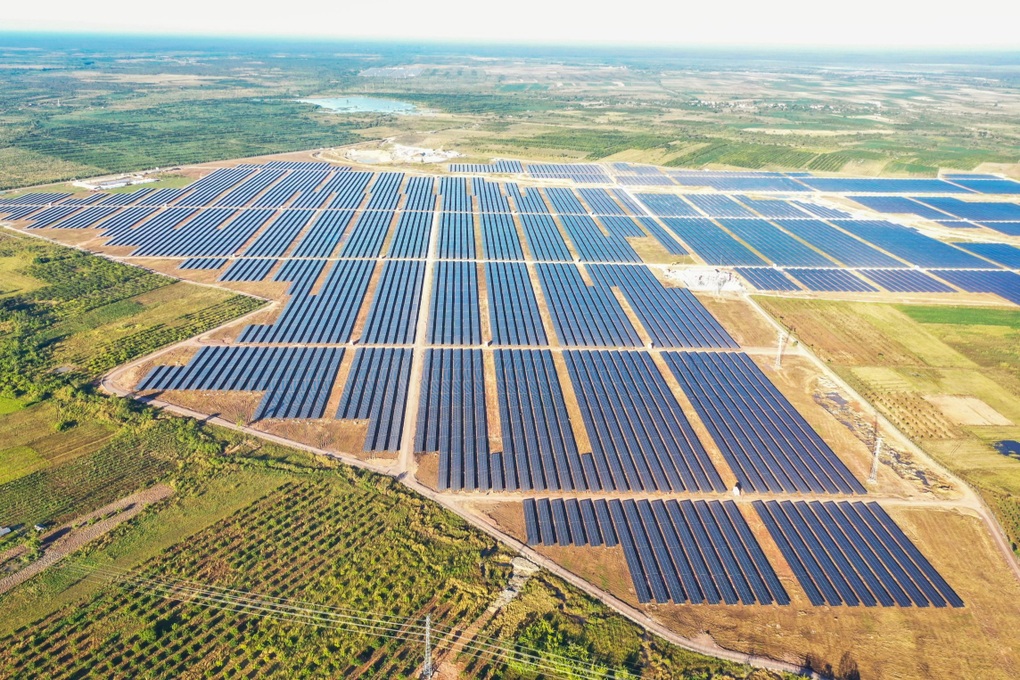
Vietnam is considered a country with the leading potential for renewable energy development in Southeast Asia (Photo: XT).
In addition, Mr. Duong said that it is necessary to invest heavily in smart grids and modernize transmission infrastructure with a total capital of about 18.1 billion USD by 2030. Transformation in large electricity consuming industries, especially industry and transportation, promote green production and develop electric vehicles.
The leaders of the Electricity Authority believe that it is necessary to consider the long-term role of nuclear power as a stable, clean source of electricity, with plans to redevelop Ninh Thuan 1 and 2 nuclear power plants. In addition, it is necessary to perfect the competitive electricity market, promote carbon credit mechanisms, green finance, technology investment and high-quality human resource training.
“Finally, ensure fairness in the transition, supporting workers, businesses and vulnerable communities so that no one is left behind in the journey towards Net Zero,” said Mr. Duong.
Source: https://dantri.com.vn/kinh-doanh/hang-loat-du-an-dien-sach-dap-chieu-vi-chua-duoc-ky-hop-dong-mua-ban-dien-20250529203421277.htm


![[Photo] Emotional and proud flag-raising ceremony and military review on Truong Sa island](https://vphoto.vietnam.vn/thumb/1200x675/vietnam/resource/IMAGE/2025/5/31/9b52525fce6f433083cd0a5bfee59f49)
![[Photo] Crane falls on container truck and car at traffic construction site](https://vphoto.vietnam.vn/thumb/1200x675/vietnam/resource/IMAGE/2025/5/31/a8d3ae08da324cfe8ee406174c0eacc4)


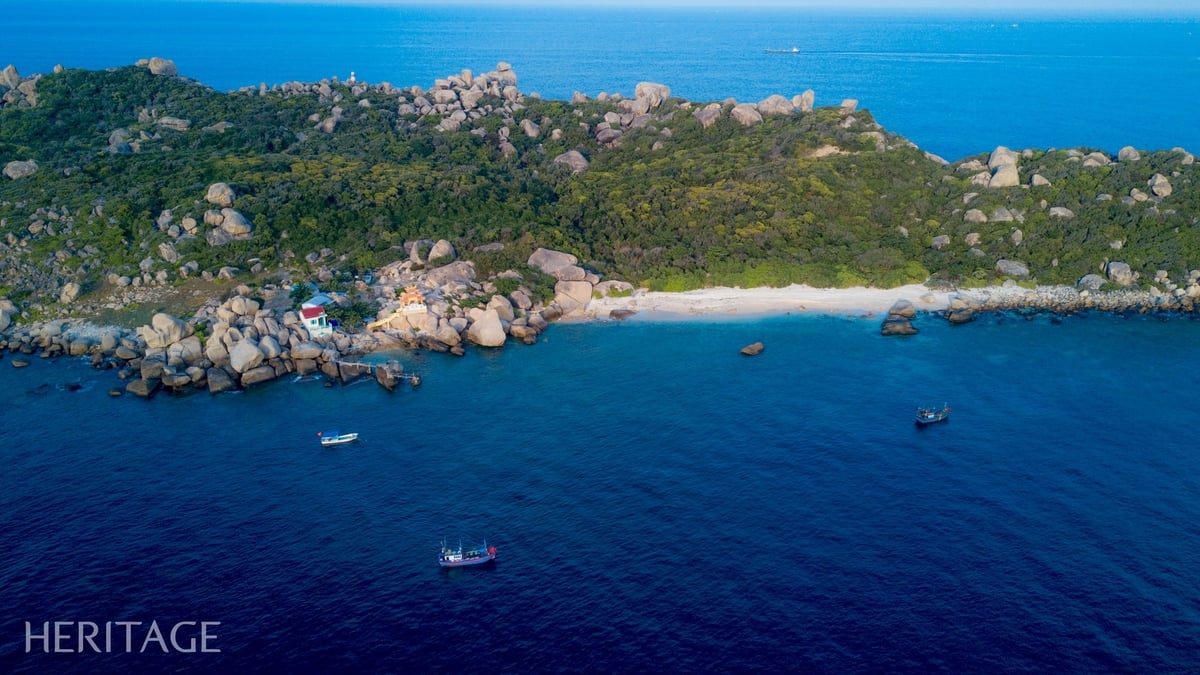
![[Photo] Prime Minister Pham Minh Chinh chairs a Dialogue with businesses and business associations](https://vphoto.vietnam.vn/thumb/1200x675/vietnam/resource/IMAGE/2025/5/31/b606d6f6ff584fa28af9f353c91bf15d)

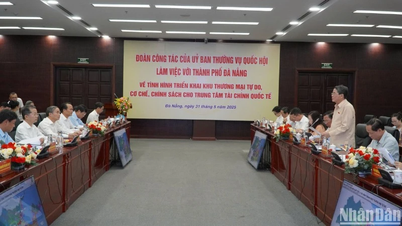

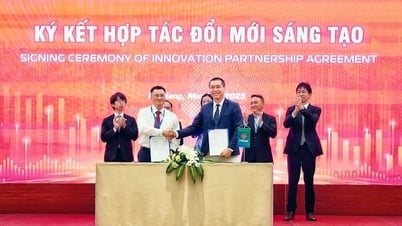

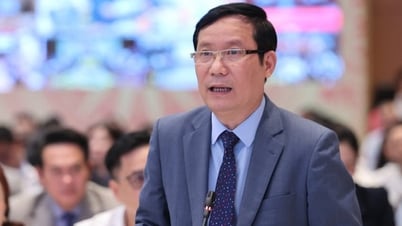

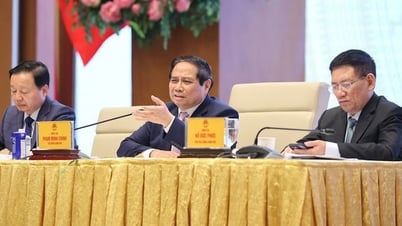
















































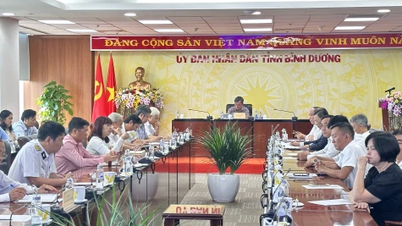







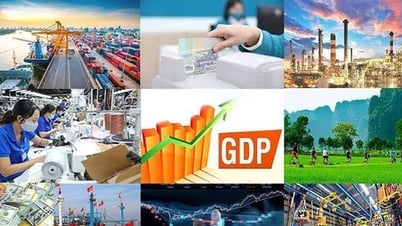















Comment (0)